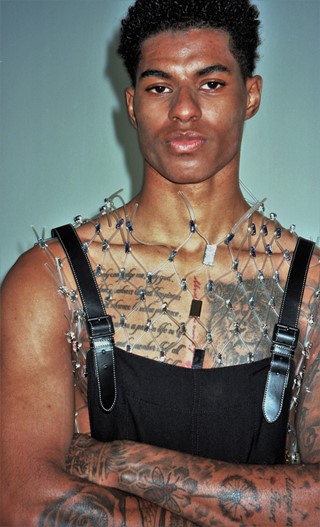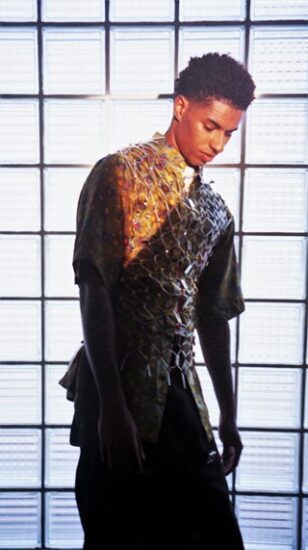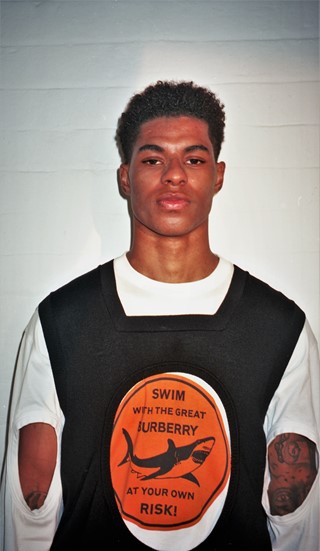In the UEFA Euro 2020 Final (postponed to 2021) between Italy v England, three English players missed their penalties, and Italy won. Since then, they have faced one of the biggest outbursts of racism that football has seen in a long time.
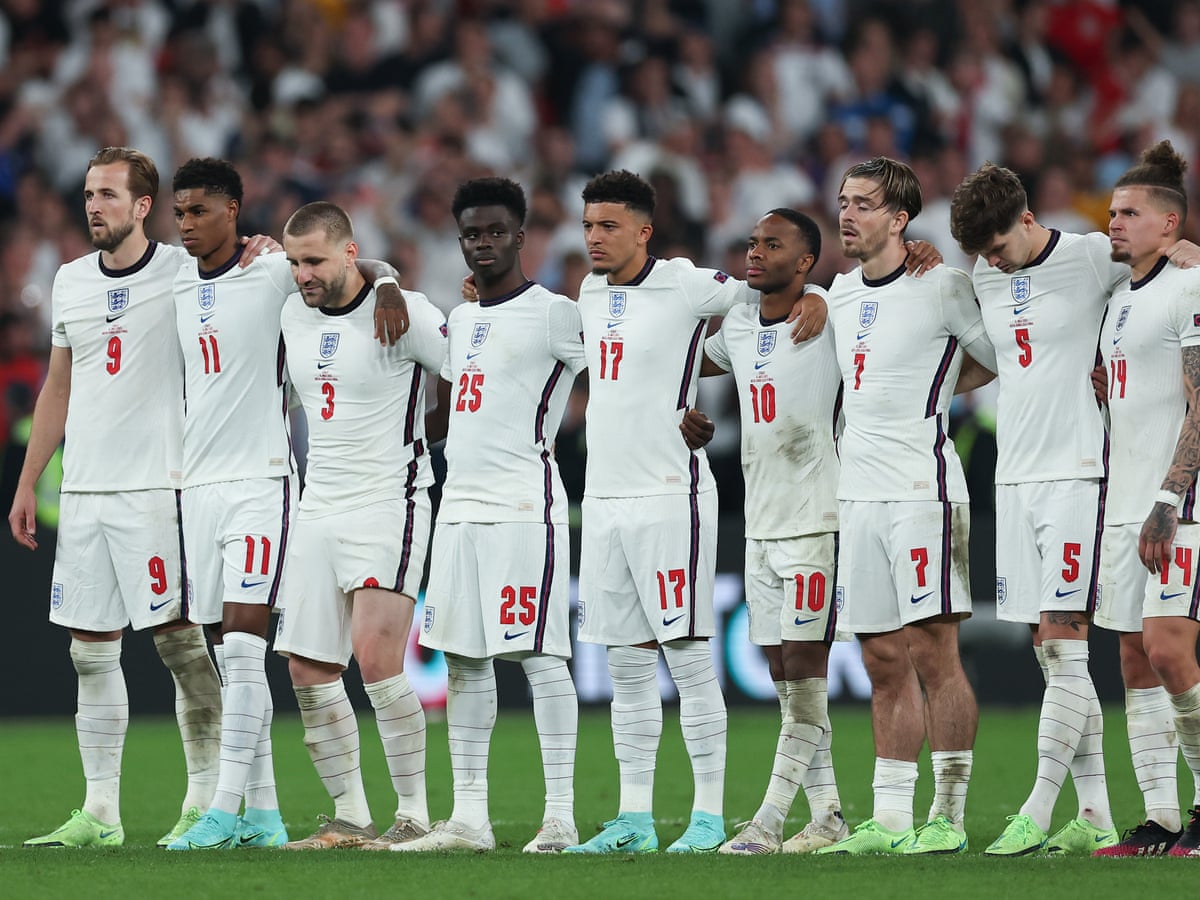
What has been happening since the 11th of July has had very little to do with football.
The game between Italy v England ended in a 3-2 victory to Italy following extra time and penalties. It was a glorious and proud win for Italy. It was a devastating and heartbreaking loss for England. That’s just how it goes.
The bigger loss, however, was what followed the match.
At a personal level, as a person of colour who has been a long-time player, with family that play, and a brother in a highly selective league of the sport, racism in football is not a new concept for me.
But there are few words needed to describe how black supporters, black athletes, POC all over the world, and those three young men would have felt in those final seconds. Because as soon as the game was over, most could feel what was about to erupt.
The Outburst
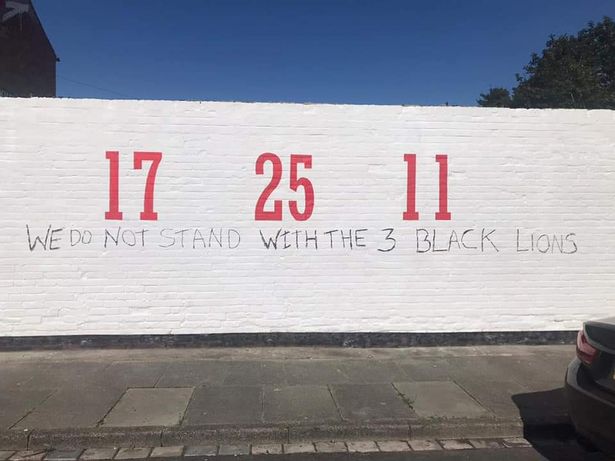
Immediately following the match, English penalty takers Marcus Rashford, Jadon Sancho and Bukayo Saka faced relentless and vicious racism and online hate after missing their shots.
The game already had a particular sense of pressure and hyperactivity for England as they had not played in a Euro final in 55 years. So on a global level with millions watching, criticism, anger and misplaced blame was to be expected. But this was severely multiplied by the players’ skin colour.
The outburst of millions of racist tweets, messages and comments immediately over the internet and social media was confronting. The abuse came from all over, but especially from the country’s own fans. Instagram, Facebook, Twitter and the streets of England were covered in racial slurs, racist symbols and aggressive hate that resulted in global attention.
Some even committed to riots and vandalism, like racist graffiti as was seen on a mural of Marcus Rashford – a mural that was made after his successes in tackling child poverty in the UK.
The Problem
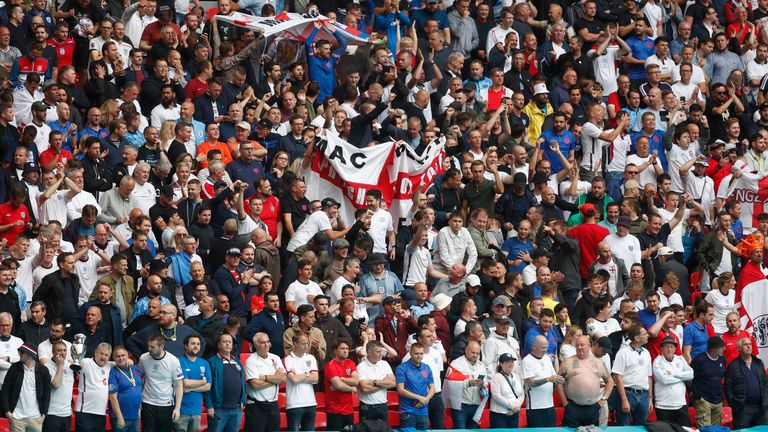
Football is a child’s game, in the truest sense. It’s something that many of us grow up playing and watching and loving. The natural feeling of a ball at your feet, the adrenaline of high stakes and the camaraderie that grows are what make the game real. But the game we knew as kids has shifted into something that it’s not: wins and losses.
Prior to the game, riots and chaos filled the streets around Wembley and all over England which only intensified after the match. Charities and activists also warned about the surges of domestic violence set to take place, win or lose. Domestic violence is alarmingly common and often increases following sporting events. In Australia, sports like NRL have a similar effect, with racism and domestic assault at the forefront of the game’s issues.
But the dangers and consequences that followed reiterated discussions around extreme sporting culture. For many, the mayhem began long before the game with chaos occurring in the days leading up to the event. Some fans also reported leaving the stadium before the game’s end out of fear because of the frenzied and manic atmosphere.
And the tragedy that surrounds events gives rise to wider debate on the effects of substance abuse, toxic masculinity, and a reflection on how we deal with things when they don’t go our way.
But football is not solely to blame. The sport is heavily defined by its fans and culture. And when mixed with a lack of crowd control, rage and alcohol it exacerbates sentiments that are already present.
We, therefore, have to tackle racism and violence in society before we even have a chance of shattering its place in football. The FA, clubs, government and social media companies must do more to eradicate violence and abuse in all its forms.
The Response
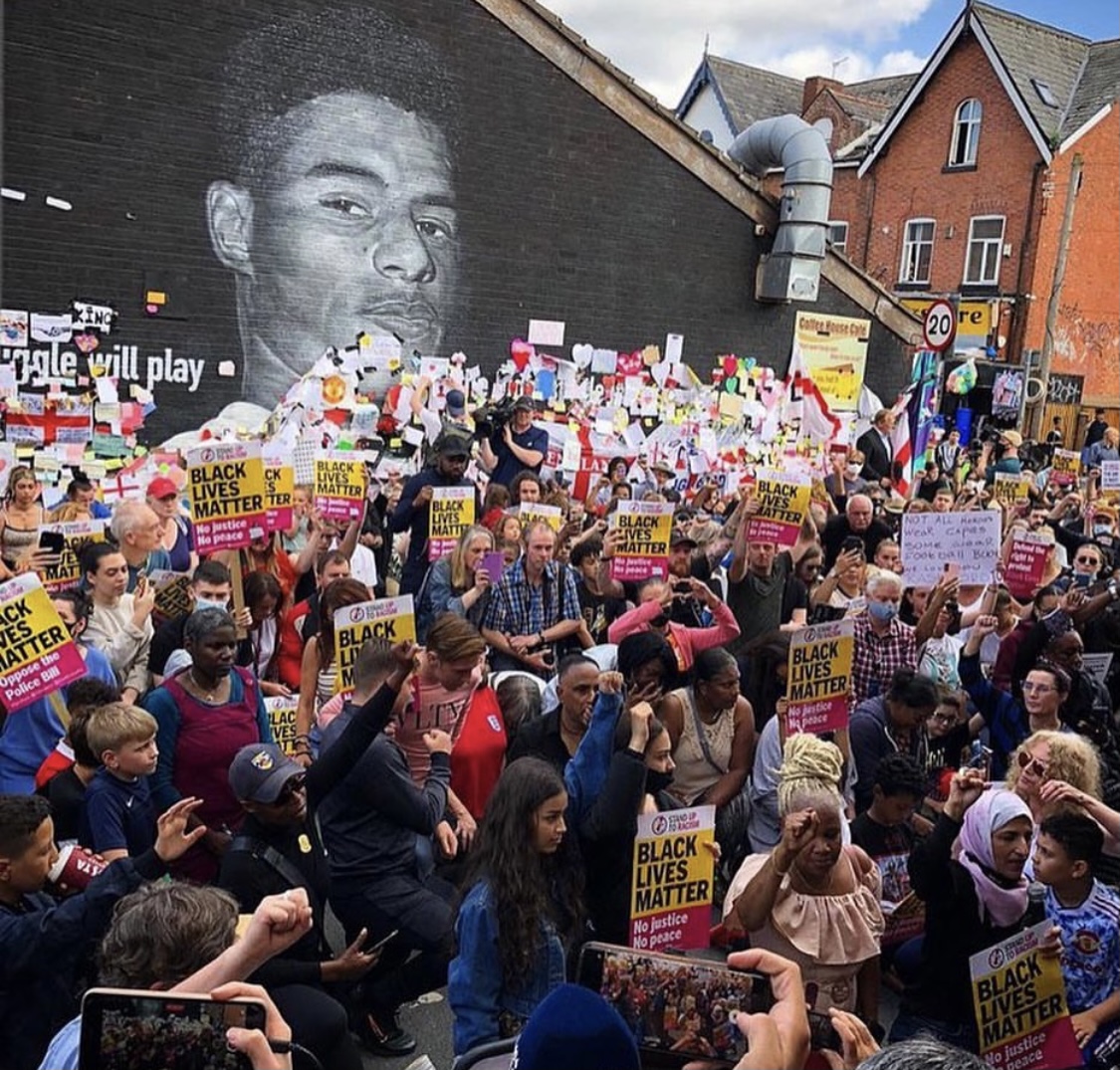
Despite the chaos, love always triumphs. An evocative and empowering insurgence of love, kindness and support have naturally found their way through the hate.
All three affected players made emotional statements on Instagram in the days following the game.
They all commended their team and portrayed their sorrow for missing their shots. But they also addressed the racism and hate received. 21-year-old Sancho said,
“To all the young people who have received similar abuse, hold your heads up high and keep chasing the dream.’
The players further condemned the online platforms for allowing online hate to continue and urged for accountability and action. 19-year-old Saka wrote,
“I knew instantly the kind of hate that I was about to receive and that is a sad reality that your powerful platforms are not doing enough to stop these messages.”
And while the players apologised for their penalties, they made it clear that they would not apologise for being black. Rashford stated,
“I’m Marcus Rashford, 23 year old, black man from Withington and Wythenshawe, South Manchester. If I have nothing else I have that.”
Since then, Instagram, Facebook and other platforms have made statements, removed accounts and taken action to criminalise online hate. In the past week and a half since, celebrities, athletes and clubs have also vocalised their support and called out the widespread racism.
Vandalism, including Rashford’s mural, was covered with words of love. These included uplifting letters from young children and families expressing their admiration for the role models both in football and in life.
The three athletes, like many, have been using their platforms for inspiration and change. For example, when he isn’t feeding the nation’s youth, Marcus Rashford also has many sponsorships and is part of initiatives to tackle online bullying and creating equality in football. He also has a partnership with Burberry to fund youth centres and has his hands all over the fashion world.
There is no doubt that the reign of the three players as athletes, role models and advocates for social justice and change is just starting.
And while more needs to be done, strides are being made. Many players and teams knelt in solidarity for the BLM movement during the competition. On top of this, UEFA teams, players and collaborations have launched programs and campaigns to tackle gender inequality, racism, bullying, and anti-LGBTQ+ discrimination.
A New Era of Football

“It belongs to the imperfection of everything human that man can only attain his desire by passing through its opposite”. Kierkegaard’s words ring true. Without England’s loss and the ensuing ordeal, we would have been robbed of an opportunity for change.
Undeniably, in any sport, industry or country there is a long way to go. While the players continue to make tremendous achievements on and off the field, acceptance should not be dependent on success.
It’s bigger than football, and it’s bigger than England. And we must scour our own behaviour and reflect on how we celebrate our wins and how we deal with our losses. Within and beyond the sports world.
In the face of adversity, the boys started a conversation, created awareness, called for action and prompted reform and regulations. And this is only the beginning of what is likely to be a new era of football, and for many a humble return to the game we once knew as kids.
It’s true, football didn’t come home. But maybe something better did.

